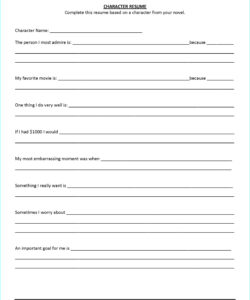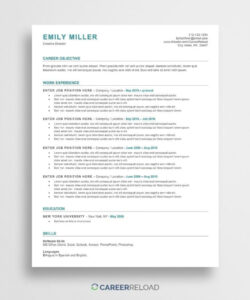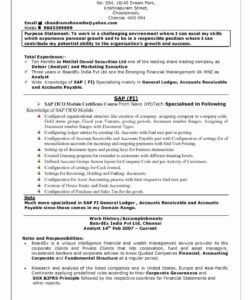Notaries are public officials who witness and certify the signing of important documents. They play a crucial role in legal and financial transactions, and their services are in high demand. If you are a notary public, you may want to include this information on your resume to highlight your skills and qualifications. In this article, we will show you how to list notary on resume in a professional and effective way.
Introduction
Before we dive into the details of how to list notary on resume, let’s first discuss what a notary public is and what they do. A notary public is a person who is authorized by the state government to witness and certify the signing of important documents. They verify the identity of the signers, ensure that they are signing the document voluntarily and without coercion, and affix their official seal or stamp to the document to certify its authenticity.
Notaries are typically required for legal and financial transactions such as real estate closings, wills, trusts, and powers of attorney. They play a crucial role in ensuring that these transactions are conducted legally and ethically, and that the documents are binding and enforceable.
How to List Notary on Resume
If you are a notary public, you may want to include this information on your resume to highlight your skills and qualifications. Here are some tips on how to list notary on resume:
1. Include a Notary Public Section
If you have a lot of experience as a notary public, you may want to create a separate section on your resume to highlight this experience. This section should be titled “Notary Public” and should include the following information:
- The state(s) where you are licensed as a notary public
- The date(s) when you were licensed
- The expiration date(s) of your license(s)
- The types of documents you are authorized to notarize
- The number of years of experience you have as a notary public
2. Include Notary Public as a Skill
If you don’t have a lot of experience as a notary public, you can still include this information on your resume by listing it as a skill. This will help to highlight your qualifications and show that you have the necessary skills to perform this important role. Here are some tips on how to list notary public as a skill:
- Include “Notary Public” as a skill on your resume
- Provide a brief description of what a notary public does
- Highlight any relevant experience or training you have in this area
Conclusion
Listing notary on your resume can be a great way to highlight your skills and qualifications. Whether you have a lot of experience as a notary public or you are just starting out, there are many ways to include this information on your resume in a professional and effective way. By following the tips in this article, you can create a resume that showcases your notary skills and helps you stand out from the crowd.
FAQ
Q: What is a notary public?
A: A notary public is a person who is authorized by the state government to witness and certify the signing of important documents.
Q: How do I become a notary public?
A: The requirements for becoming a notary public vary by state, but generally involve completing a training course, passing an exam, and submitting an application and fee to the state government.
Q: How long does it take to become a notary public?
A: The time it takes to become a notary public varies by state, but generally takes a few weeks to a few months.
Q: How much does it cost to become a notary public?
A: The cost of becoming a notary public varies by state, but generally ranges from $50 to $200.
Q: How long does a notary public commission last?
A: The length of a notary public commission varies by state, but generally lasts between 4 and 10 years.


